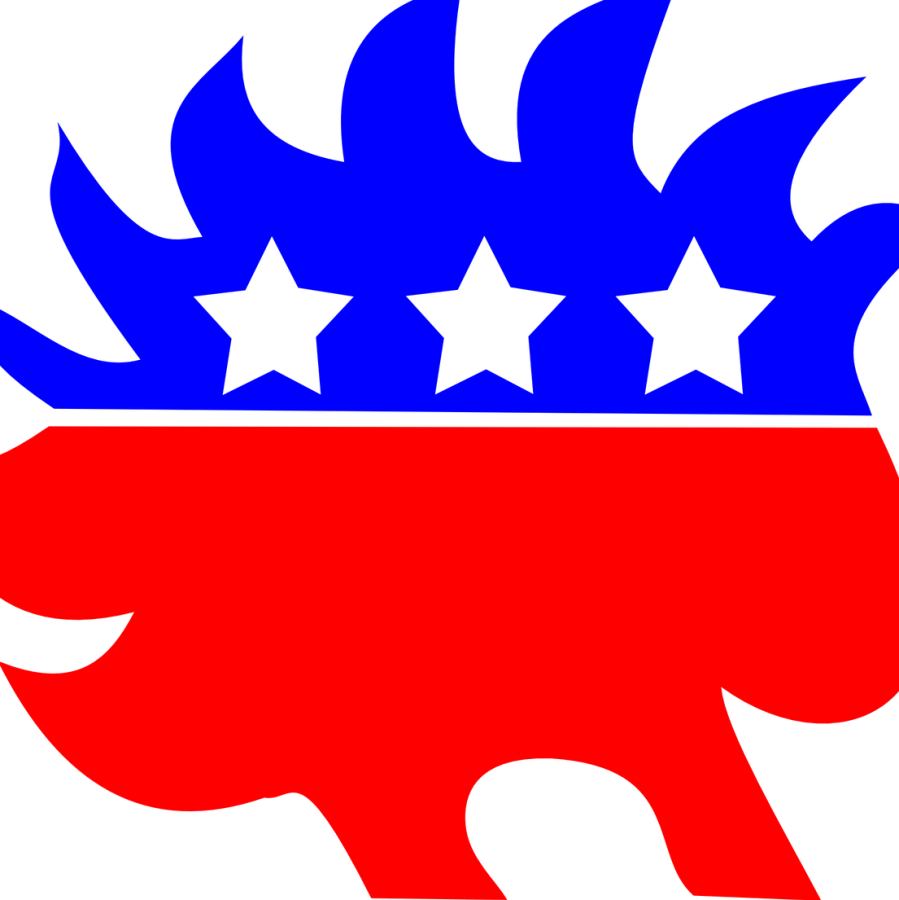Blue versus red. Democrat versus Republican. American politics seem to be two-sided, a dichotomy, black and white. One either votes Democrat or votes Republican. While this is what many people think, there are other political parties one can vote for.
Many people seem to forget parties such as the Libertarian Party exist, and those who know about such parties often consider a vote for them to be a wasted vote. That ideology is toxic and damaging to America’s democracy.
2016 was a very decisive election year with many people split between two candidates. Despite the fact that many disliked both candidates, Libertarian candidate Gary Johnson won only 3.3 percent of the votes. For a party that preaches a mixture of Democratic and Republican ideals, this is a shockingly low number given the circumstances.
Right now, America is a two-party system pretending to have more parties. This causes suppression of alternate viewpoints to the parties that dominate the country. Whenever someone says a third party vote is a waste, they actively cause more division in our country and encourage people to vote for policies they may not believe in.
If people are voting against their beliefs in fear of wasting their votes, then the ideals that this country is based upon are in jeopardy. No one should feel obligated to vote for one party or another. They should vote for whatever party they believe best represents what is good for the country. If that means voting for a third party, so be it.
Junior Parker Paulson considers the two-party system to be unfair to Americans. “I don’t think it’s right to have America as a two-party system because it divides people into two different sides, and there are plenty of people who don’t fully agree with either side,” Paulson said. “If they don’t, then they are associated with the side that they agree with most which is unfair to them.”
Senior Jared Jones thinks about voting from a practical standpoint. “My goal with voting is to get people who will get certain policies enacted that I like,” he explained. “If my vote goes to someone that has such a low chance, then no policy enactment would take place. I would consider voting third party if the candidate seemed to be getting large traction despite their third party status.”
Although the odds of there being a third party president are next to none, there is still hope for all those who disagree with the current two-party system. As elections become more divisive and candidates seem more extreme, people may start to take notice of less extreme parties that appeal to wider audiences. If this happens, then perhaps people will not be forced to compromise on their beliefs when it comes to voting.









